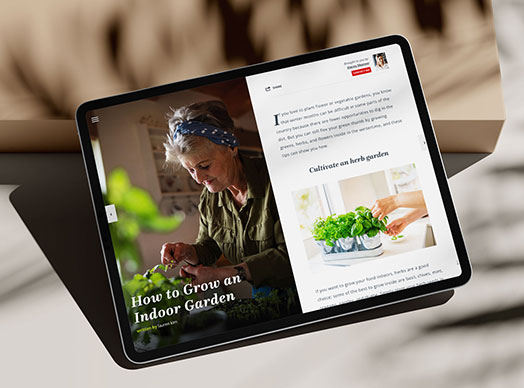Ep 57: Monetizing the Reciprocity Effect
We all know it’s better to give than to receive, but in business, sometimes you have to give in order to see a return. The term “reciprocity effect” refers to the idea that by extending a gift or favor to clients, they are more likely to return the favor and do something for you, as well. It’s a basic human tendency.
In this episode of Stay Paid, Luke and Josh discuss how you can apply the reciprocity effect to your business and marketing, and how to make sure your client gifts are appreciated.
Key Points:
- When you give a client a thoughtful gift, they are more inclined to remember you
- It’s the feelings of appreciation and obligation from gift giving that feed the reciprocity effect
- How you make people feel will dictate your success
The Positive Effects of Gift Giving
The old adage, “people don’t remember what you said but how you made them feel,” rings true in business. In 1974, sociologist Phillip Kunz conducted an experiment in which he mailed out hundreds of handwritten Christmas cards to complete strangers. He received two-hundred responses because the cards were handwritten and had a picture of his family. Another case study done at restaurants showed that diners who received an after-dinner mint were more than 3 percent more likely to leave a tip, and diners who received two mints were 14 percent more likely to leave a tip.
The point of these studies was the idea that small gestures go a long way with people, and when we receive something—no matter how small—we feel compelled to return the favor. Gifts make people feel special and cared for, and the same idea can be applied to your business.
The Reciprocity Effect in Action
The average sales volume for a real estate agent is $1.5 million. If you utilize the reciprocity effect, you could see a huge return—a 23 percent increase in your business would result in another $145,000 in sales volume each year.
Think about whether or not you are taking advantage of this strategy. When you think about the psychology behind doing something unexpected for someone—like sending a client a pizza on moving day or a cake on their birthday—it makes a bigger impact than a gift related to your business, or something they might anticipate.
Free services like content marketing and coaching pieces are useful, but have come to be expected. You have to be creative, and think of things most of your clients aren’t getting anywhere else. Put yourself in your customer’s shoes. What is something you can give them that’s personal?
Personalizing Your Gifts
Gifts that are personal—perhaps something based on a conversation or something you learned about a client—are the most impactful. Keeping notes about clients is critical if you are working with them in a business relationship.
As a real estate agent, or in any sales-based business, you have so much knowledge about your client. Take the time to gather this information so that you can use it toward showing them your appreciation later on. A touchpoint after the transaction can help guarantee repeat business with your client, and that they’ll be more willing to refer your services to their friends and family. While the gift itself is important, the follow up is also critical. The urge to reciprocate is strongest after the gift is exchanged, so by following up with a client immediately after they receive your gift, they will be more willing to reciprocate with a positive review, referral, and the like.
Action Items:
Following this episode, our goal is to provide you with as many actionable tips as possible. This podcast includes…
- Find your top relationships in your business, think about a personalized gift for them that will make an impact, and watch the reciprocity effect in action.















 Soundcloud
Soundcloud iHeart Radio
iHeart Radio Spotify
Spotify Spotify
Spotify


